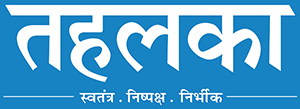Albanian language forms its own branch of the Indo-European family and is not closely related to any other Indo-European languages. This complicates attempts to trace the origin of the Albanians further. A study published in Nature in 2003 tentatively put Albanian in the Indo-Iranian branch, but with a high degree of uncertainty.
It is uncertain, but it is possible.


Comment